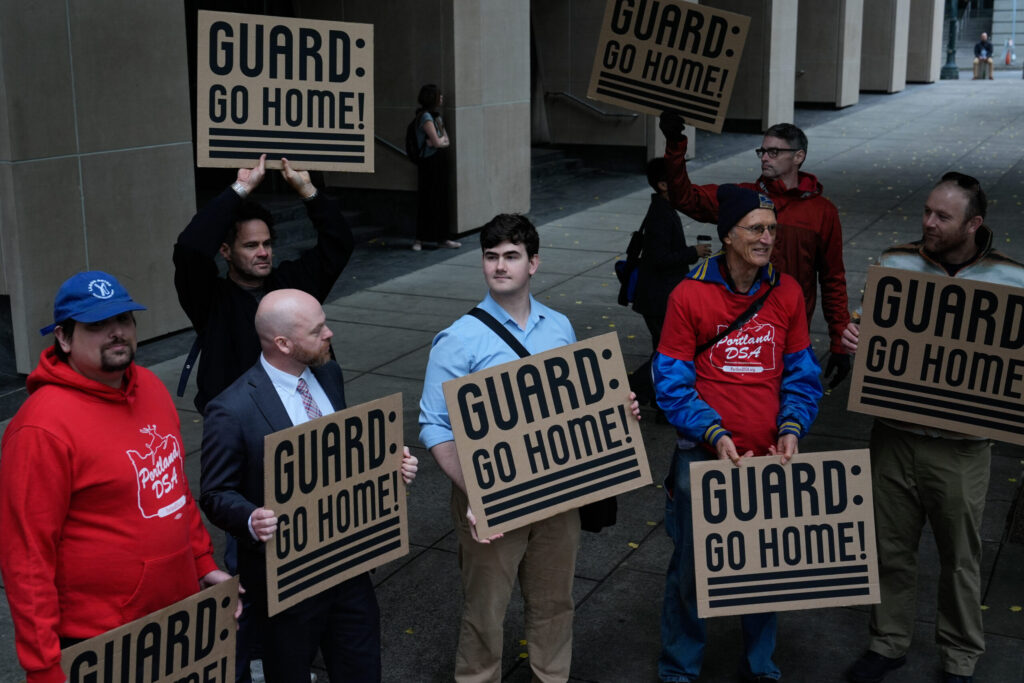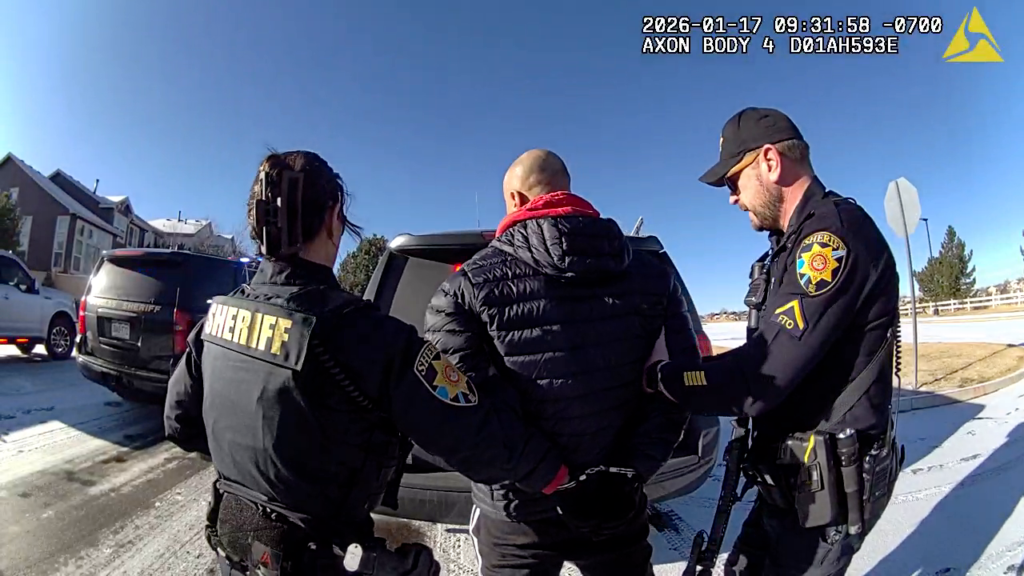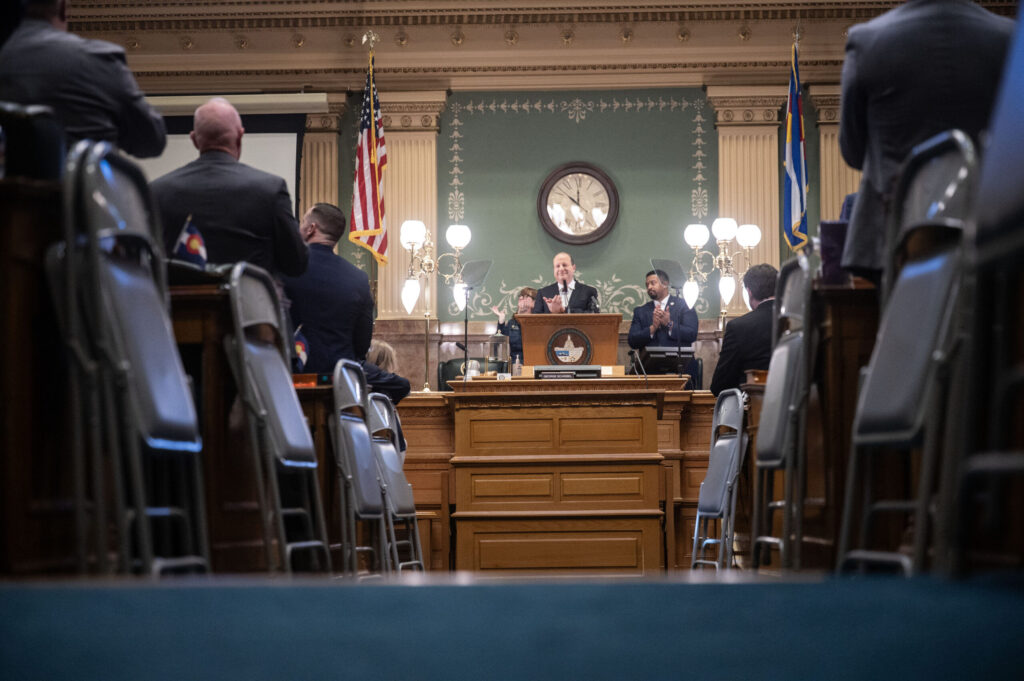Colorado bill would make minors’ autopsy reports closed records

A bill that easily passed the Colorado Senate and awaits a hearing in the House would prevent the press and other outside watchdogs from figuring out why children died.
Senate Bill 223 would automatically seal autopsy reports for minors, except for families, government-sanctioned review boards, organ donation groups and civil or criminal lawyers with a direct involvement.
The need for the legislation, say its sponsors and the Colorado Coroners Association, is to protect the privacy of victims families and keep information from other children to prevent “copycat” suicides.
Jeffrey Roberts, executive director of the Colorado Freedom of Information Coalition, told Colorado Politics he respects the need for privacy for the families, but there is a bigger picture.
“State lawmakers should also consider the fact that autopsy records can speak for children who have died under nefarious or otherwise questionable circumstances,” he said. “They have been used, for instance, to help hold the child welfare system accountable for the deaths of children who were abused. They have helped the public understand what exactly happened after a controversial police shooting of a juvenile.
“In general, public access to autopsy reports is necessary to hold coroners and other public servants accountable for the jobs they do. There is a process in place by which autopsy reports can be withheld from the public under unique circumstances, but a court makes that determination.”
In 2012, the Denver Post and 9News relied on autopsy reports for an exhaustive investigative project examining the deaths of 72 children after the children’s circumstances were known to social services agencies. The series, called “Failed to Death,” led to legislative deliberations and reforms.
Opponents also note that under current law records remain private if they are part of an active law-enforcement investigation and could be sealed by the courts after that. The autopsies of 13 victims and shooters who died in the Columbine High School massacre in 1999 were sealed until a federal lawsuit in 2001 brought by the family of victim Daniel Rohrbaugh. His family alleged the 15-year-old was accidentally shot by a SWAT officer, and they were lied to by authorities.
Police ultimately were cleared.
Sen. Bob Gardner, R-Colorado Springs, said the bill was brought to him by coroners, but he’s been conflicted about it.
“I want to be very candid, I saw the pros and cons of it and was unwilling to carry it until all the coroners were satisfied that this was something they needed,” he told Colorado Politics. “I continue to want to see what kind of proposals we can get out of this to find a balance between anyone asking for this information and those who have a need for it.”
Rep. Matt Gray, D-Broomfield, said the bill might get more amendments in the House to make sure those outside the system can find out why children are dying. He bristled at the suggestion the bill is aimed at help shield government agencies charged with protecting children.
‘Basically, they don’t want the stories of teen suicides to get out there in the public, that’s what the coroners’ concerns are,” said Gray, who is sponsoring the bill in the House with Rep. Terri Carver R-Colorado Springs.
He added, “The goal is not at all to say we don’t want the press to have this information.”
The legislation passed the state Senate 32-3 on Thursday and is not yet been assigned to a committee for a hearing in the House. If it’s amended there, both chambers would have to work out a compromise and vote on it independently before the General Assembly adjourns on May 9.
El Paso County Coroner Robert Bux led the testimony in favor of the bill before the Senate Judiciary Committee last Monday.
“Any time you have a death it’s bad,” he said. “But when you have a death that involves a child, a teenager (or) an infant, and particularly if the death involves trauma of some kind – I don’t care if it’s a drug overdose, a suicide, a homicide or car accident, all of these can be very, very traumatic to the families.
“One of the problems is that families feel stigmatized, and every time it comes up they have to relive the whole experience, and particularly if it gets in the public domain. It’s very hard on family privacy.”
Emma Hall and Robert Glassmire, coroners for Boulder and Garfield counties, respectively, told the committee that autopsy reports also include medical information that isn’t normally made public.














